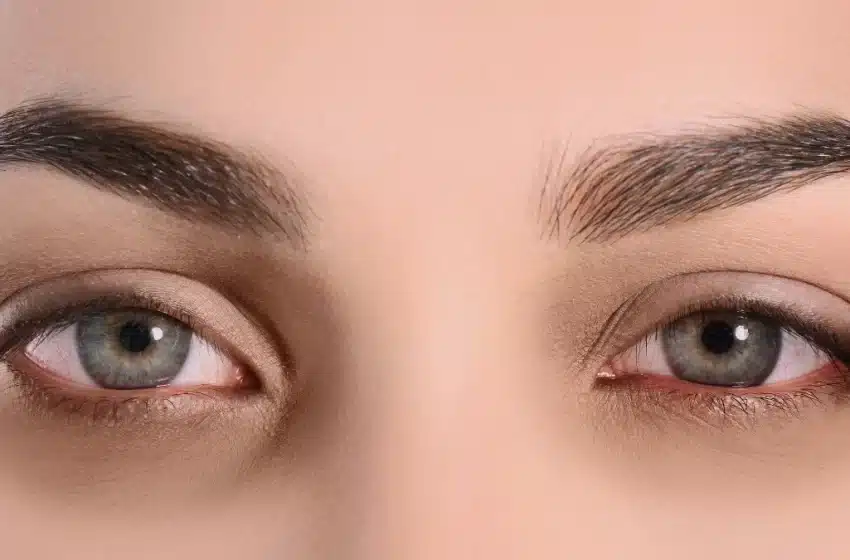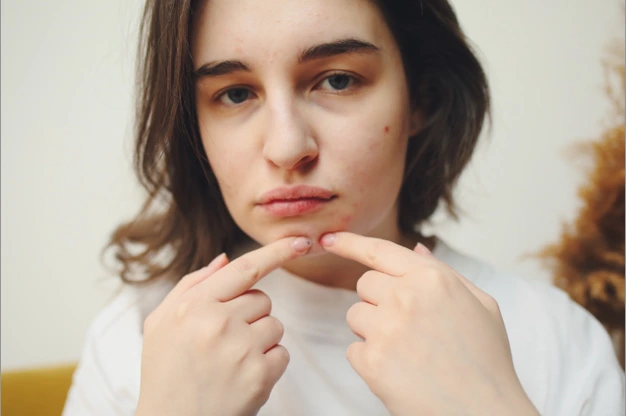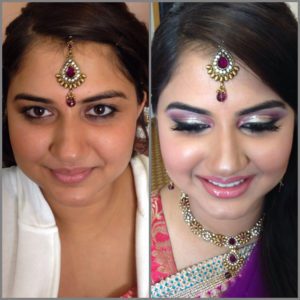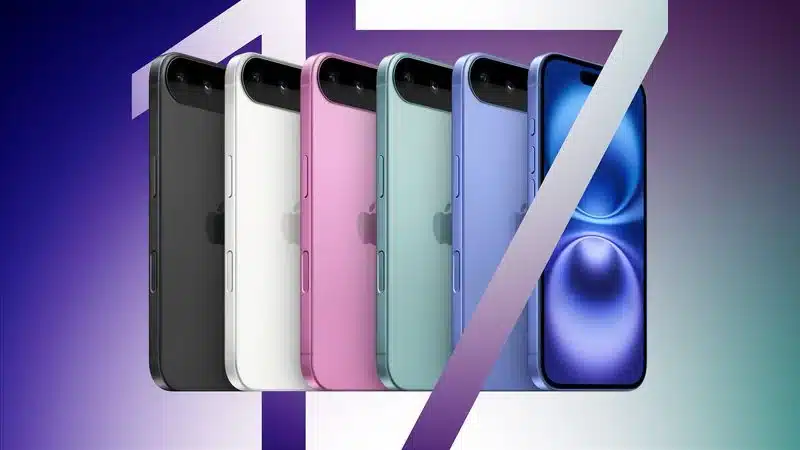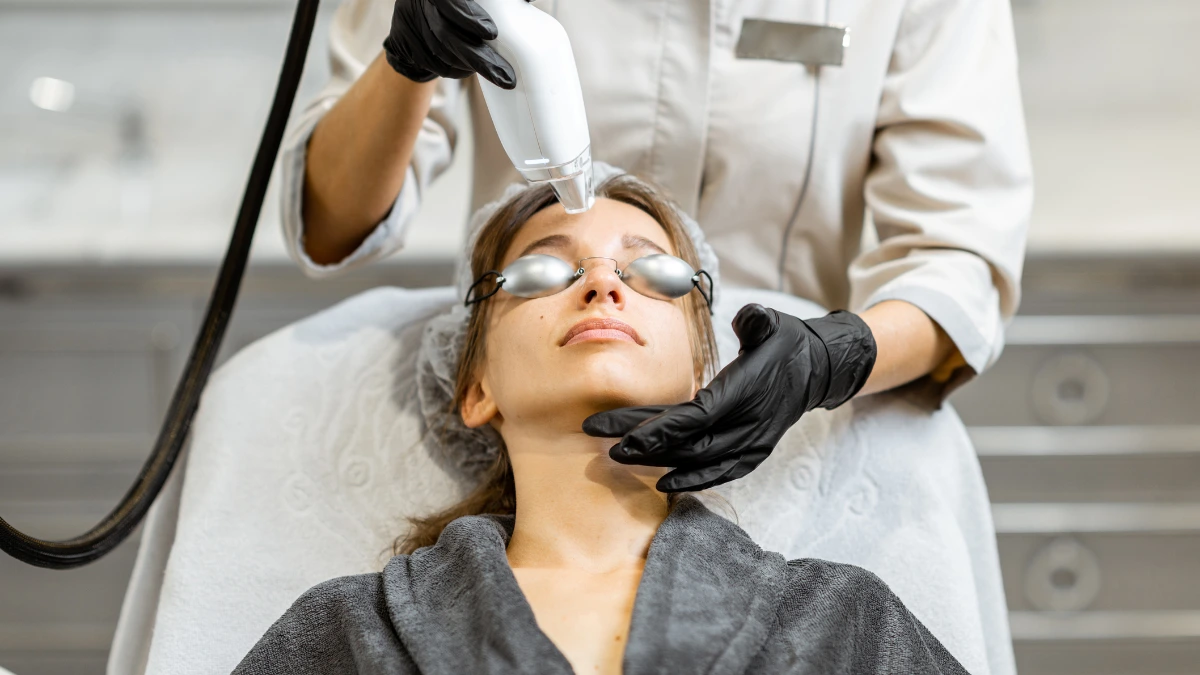
If you’re looking to improve the appearance of your skin, you may have heard of laser resurfacing. This cosmetic procedure uses laser technology to rejuvenate the skin, reducing the appearance of fine lines, wrinkles, scars, and other skin imperfections. But before you go ahead with the procedure, it’s important to know what it entails and if it’s right for you. Here’s what you need to know before getting laser resurfacing for better skin.
Table of Contents
What is Laser Resurfacing?
Laser resurfacing is a cosmetic procedure that uses laser technology to remove the outer layer of the skin, thereby stimulating the production of new skin cells and collagen. The procedure is typically performed using two types of lasers: ablative lasers and non-ablative lasers. Ablative lasers remove the top layer of the skin, while non-ablative lasers penetrate deeper into the skin without removing the outer layer.
What Does the Procedure Entail?
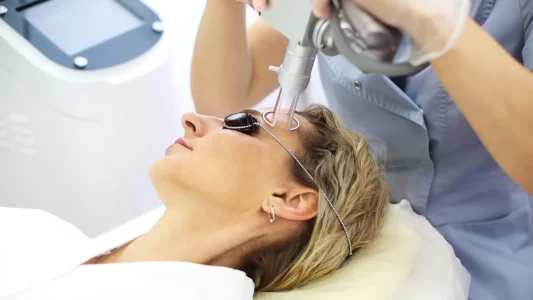
The laser resurfacing procedure is performed in a doctor’s office or medical spa and typically takes 30 minutes to an hour, depending on the extent of the treatment. Before the procedure, your doctor will clean your skin and apply a topical anesthetic to minimize discomfort. During the procedure, the laser will be directed at your skin, removing the outer layer and stimulating the production of new skin cells. After the procedure, your doctor will apply a moisturizer or ointment to help protect and soothe your skin.
Benefits of Laser Resurfacing for Better Skin
Laser resurfacing for better skin can offer a number of benefits, including:
- Reducing the appearance of fine lines and wrinkles
- Improving the texture of the skin
- Reducing the appearance of scars, including acne scars
- Improving the tone and color of the skin
- Stimulating the production of collagen
Laser resurfacing is a popular cosmetic procedure that can help improve the appearance of the skin. It can reduce the appearance of fine lines and wrinkles, smooth rough texture, and even out skin tone. However, before undergoing the procedure, it’s important to understand how laser resurfacing works and what to expect.
Here’s What You Need To Know Before Getting Laser Resurfacing For Better Skin
Know the Basic Categories of Resurfacing Lasers
There are two basic categories of laser resurfacing for better skin: ablative and non-ablative. Ablative lasers remove the outer layer of skin to reveal new, smoother skin underneath. Non-ablative lasers heat up the deeper layers of skin to stimulate new skin growth.
Don’t be fooled by brand lasers
When considering laser resurfacing for better skin, it can be tempting to get caught up in brand names and the latest laser technology. However, the type of laser used is less important than the skill of the person operating it. Look for a licensed and experienced dermatologist who has a proven track record of performing successful laser resurfacing procedures.
Consult your dermatologist to choose the right laser for you
The right laser for you will depend on your skin type, the condition you’re trying to treat, and your individual goals. Your dermatologist can help you determine the best laser resurfacing for better skin options for you based on these factors.
Approach Lasers With Caution, If You Have Dark Skin
People with dark skin tones are more susceptible to hyperpigmentation, which is an increase in skin color after injury or inflammation. If you have a dark skin tone, it’s important to choose a dermatologist who is experienced in working with skin of color, as certain lasers can be more likely to cause hyperpigmentation in this population.
Lasers Can Help Treat Acne Scars, but They Aren’t Good for Active Acne
Laser resurfacing can be effective in reducing the appearance of acne scars. However, it’s not a good option for those with active acne, as the procedure can actually make the acne worse. If you have active acne, your dermatologist may recommend a different treatment, such as topical medication or light therapy.
Keep Your Expectations in Check
Laser resurfacing can improve the appearance of the skin, but it’s not a magic fix for all skin concerns. It’s important to have realistic expectations about the results you can expect from the procedure. Your dermatologist can help you determine what to expect from laser resurfacing based on your individual skin concerns.
In conclusion, laser resurfacing for better skin can be an effective option for those looking to improve the appearance of their skin. However, it’s important to do your research, work with a licensed and experienced dermatologist, and keep your expectations in check. With the right approach, laser resurfacing for better skin can help you achieve the beautiful, glowing skin you desire.




